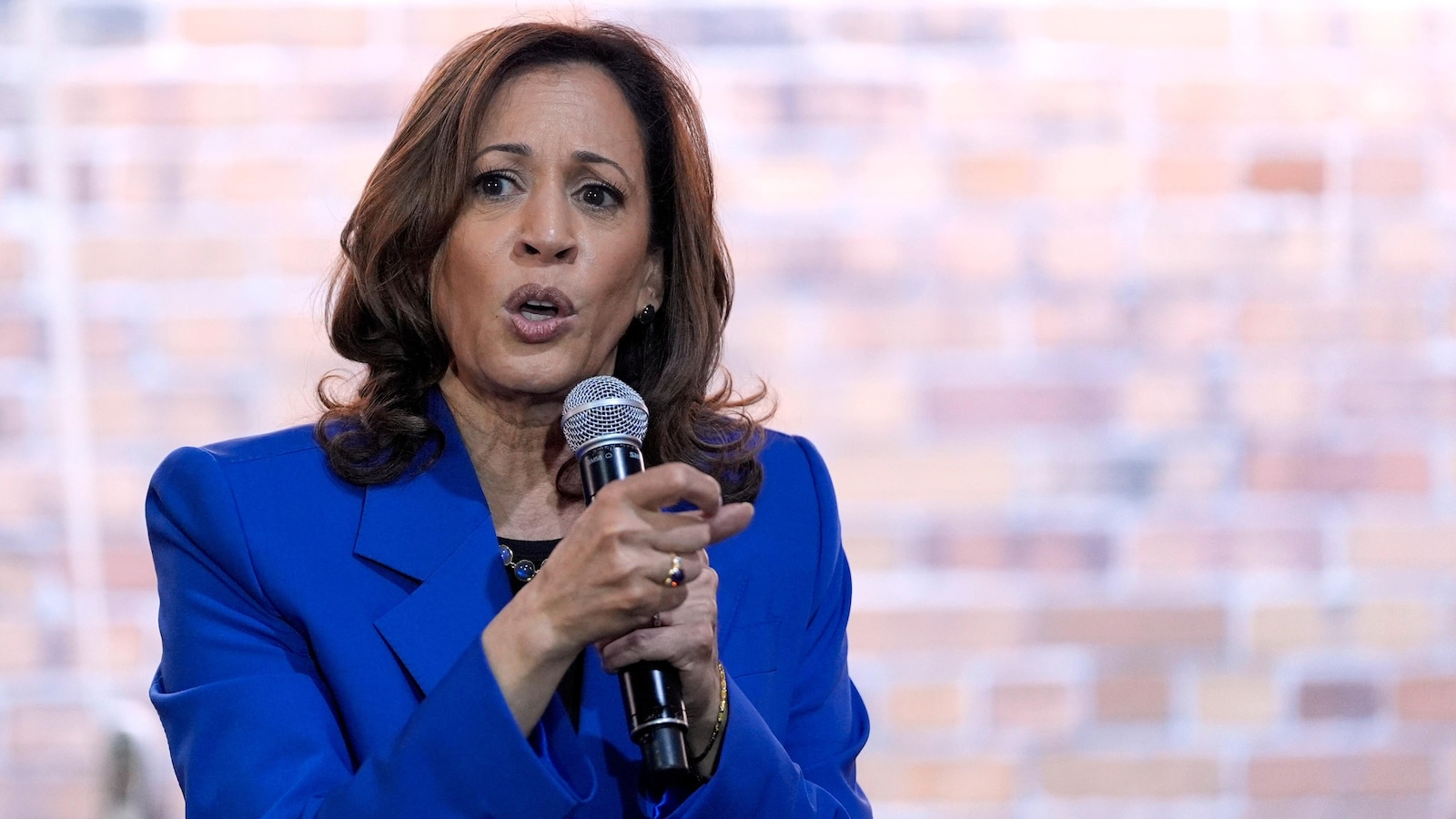WASHINGTON — Vice President Kamala Harris has a new advertising push to draw attention to her plan to build 3 million new homes over four years, a move designed to contain inflationary pressures that also draws a sharp contrast to Republican Donald Trump’s approach.
Harris, the Democratic nominee for president, highlights her plan in a new minute-long ad that uses her personal experience, growing up in rental housing while her mother had saved for a decade before she could buy a home. The ad targets voters in the swing states including Arizona and Nevada. Campaign surrogates are also holding 20 events this week focused on housing issues.
In addition to increasing home construction, Harris is proposing the government provide as much as $25,000 in assistance to first-time buyers. That message could carry weight at this moment as housing costs have kept upward pressure on the consumer price index. Shelter costs are up 5.1% over the past 12 months, compared to overall inflation being 2.9%, according to the Bureau of Labor Statistics.
“Vice President Harris knows we need to do more to address our housing crisis, that’s why she has a plan to end the housing shortage” and will crack down on “corporate landlords and Wall Street banks hiking up rents and housing costs,” said Dan Kanninen, the campaign’s battleground states director.
The Harris plan would create tax breaks for homebuilders focused on first-time buyers and expand existing incentives for companies that construct rental housing. Because local zoning often restricts the supply of homes, she would also double the available funding to $40 billion to encourage local governments to remove the regulations that prevent additional construction.
Although Trump made his reputation as a real estate developer, real estate data show there was a shortage of available housing during his presidency that has continued.
That shortage became more problematic when inflation jumped as the country recovered from the pandemic and faced higher food and energy costs after Russia’s invasion of Ukraine. The high inflation damaged the approval ratings of President Joe Biden, who Republicans and some economists blamed for sparking the price runups with his pandemic aid.
Mortgage rates climbed to levels that were prohibitively high for many would-be buyers. At the same time, many existing homeowners held off on listing their properties for sale in ways that compounded the inflation challenge.
Trump has floated an array of ideas for lowering housing costs — including his suggestion in a June speech in Wisconsin that stopping illegal immigration would reduce demand for housing and bring down prices.
“I will also stop inflation by stopping the invasion, rapidly reducing housing costs,” Trump said.
There is also the possibility of opening up more federal land for home construction. Economists supportive of Trump’s agenda have suggested — despite deficits climbing during his presidency — that Trump would get federal spending under control if he was president again and that would lower interest rates.
Still, Trump’s main play has been to claim that Harris can’t pay for her housing agenda. That’s even though he also attacks her for supporting tax increases and other revenue raisers proposed by Biden that could in theory offset the costs.
“She has no clue how’d she paid for $25,000 to every first-time homebuyer, including illegals,” said Trump at an August 19 rally in York, Pennsylvania, claiming without clear evidence that her policy would support immigrants without legal status.
The Harris campaign plans to hold housing affordability events in the Pennsylvania cities of Lancaster, Philadelphia and Pittsburgh, as well as the Arizona cities of Phoenix and Tucson.
There will also be events in the Nevada cities of Las Vegas and Reno and the North Carolina cities of Asheville and Charlotte, in addition to Savannah, Georgia.
